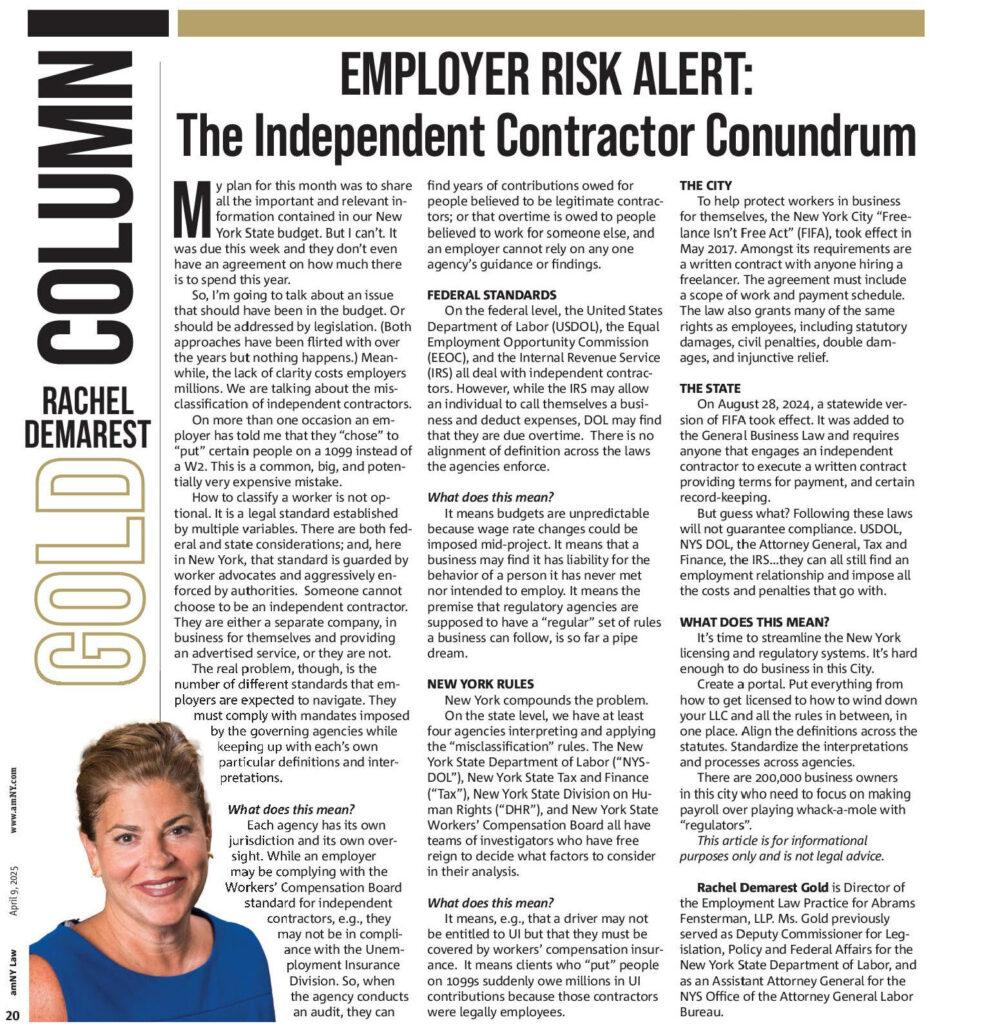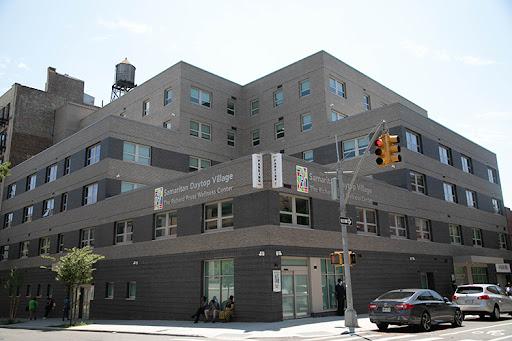By Patrick Formato
The New York State Attorney General’s Medicaid Fraud Control Unit is charged with investigating and prosecuting healthcare provider fraud and abuse in New York’s Medicaid program. Since its creation in 1975, the Medicaid Fraud Control Unit’s investigations have resulted in over 3,000 arrests with an overall conviction rate of ninety-one percent and the recovery of more than $422 million in overpayments, penalties and restitution. 1 Moreover, its continued prosecutions have “deterred the theft of more than $1 billion from the state Medicaid program.” 2 One of its renowned cases involved an owner and operator of an adult day care facility. As a result of its investigation of an elaborate fraud scheme where the operator billed Medicaid for adult day care registrants’ meals, social activities, and unneeded transportation from 1996 to 1999, the Unit recovered $23.4 million and the operator was sentenced to one to three years in state prison. 3
In addition to its stepped-up efforts to uncover Medicaid fraud, the Medicaid Fraud Control Unit has continued its long-standing endeavors to improve the quality of care for nursing home residents. As part of its effort to improve nursing home residents’ quality of care, the Unit has intensified its commitment to investigating and prosecuting resident abuse and neglect. The first case to result from Attorney General Spitzer’s statewide nursing home initiative to examine nursing homes for quality of care issues was the Townhouse case. In this highly publicized case, the Unit was successful in prosecuting the Director of Nursing at the Townhouse Extended Care Center, a Long Island nursing home, on felony charges of tampering with evidence and directing staff to cover up the circumstances surrounding a resident’s death. 4
The Medicaid Fraud Control Unit should be commended for vigorously investigating allegations of neglect or abuse of nursing home residents. However, the decision to investigate any complaint of abuse or neglect imposes a difficult balancing act and the Unit must exercise reason and judgment in making such a decision. The Unit has the challenge of weeding out the legitimate claims of abuse and neglect from frivolous claims made by disgruntled facility employees or distraught guilt-ridden family members. If not properly evaluated, allegations without merit may trigger unnecessary and costly investigations. Such investigations require facilities to spend inordinate amounts of time and resources in responding to the demands of the Unit’s investigations. The time and resources expended on responding to and defending frivolous claims rather than focusing on care rendered to nursing home residents can often serve to undermine one of the stated goals of the Medicaid Fraud Control Unit of ensuring quality of care and life for nursing home residents.
Endnotes
1N.Y.S. Office of the Attorney General (NYSOAG), supra, at 33.
2Id.
3NYSOAG News: Brooklyn Adult Care Provider Pleads Guilty in Nation’s Largest Criminal Medicaid Fraud Case, Apr. 6, 2001.
4NYSOAG News: Nursing Home Official Convicted of Covering Up Patient Abuse at Long Island Facility, Apr. 11, 2001.
Patrick Formato is a partner and director of the health law practice group of the law firm, Abrams Fensterman, LLP in Lake Success, N.Y. The author gratefully acknowledges the contributions of Barbara Stegun Phair, Esq., in researching and drafting this article.





